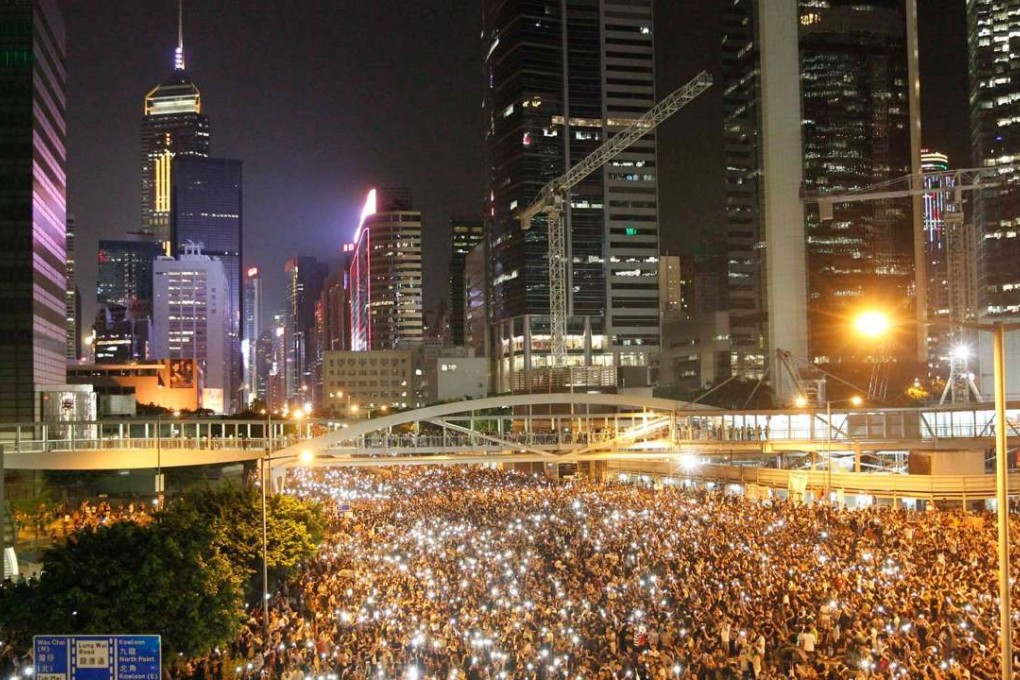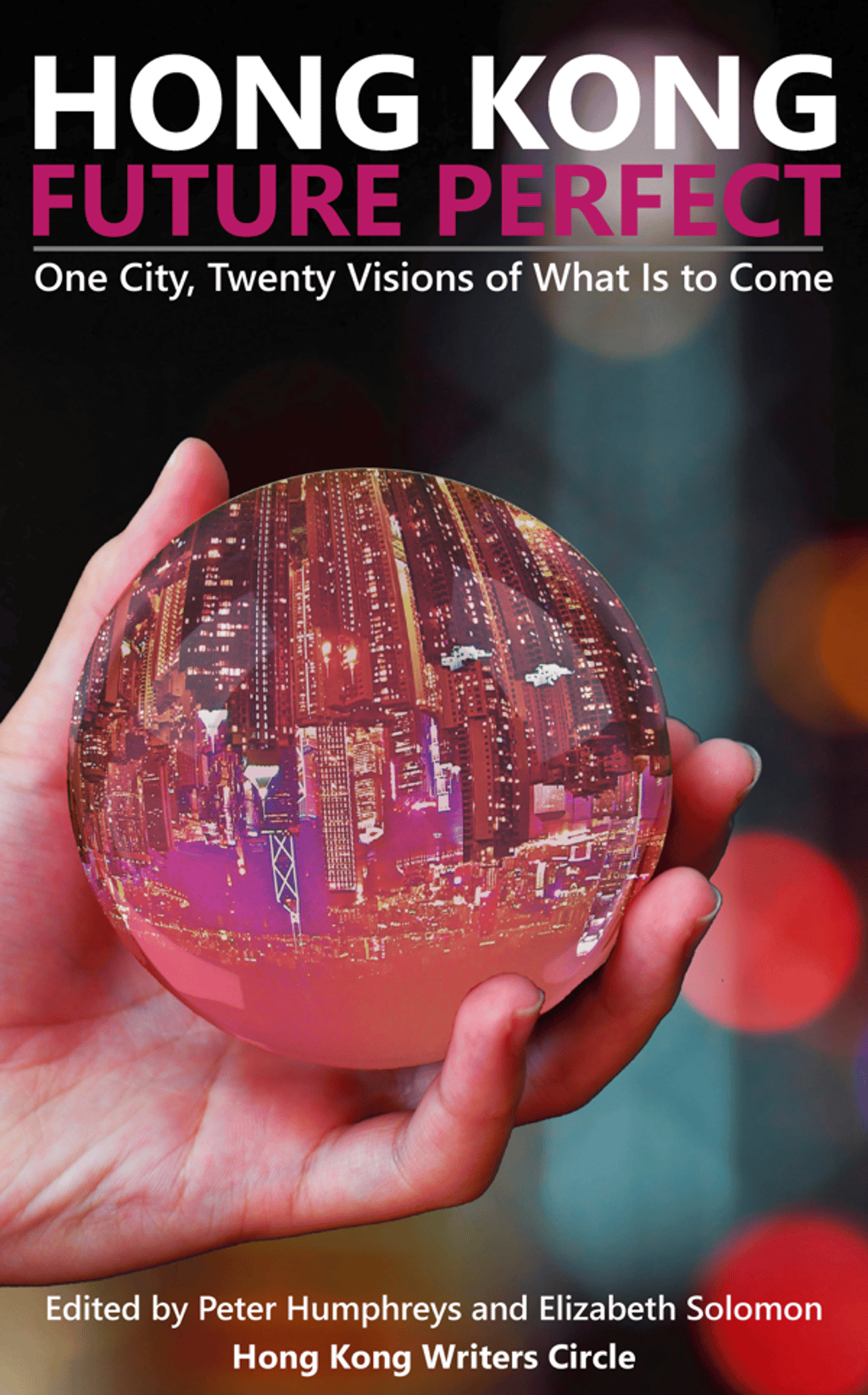Review | Yellow-tinged projections of Hong Kong’s future mark a return to form for Hong Kong Writers Circle
Floods swamping Kowloon Tong, robots replacing domestic helpers, the Great Smog of 2024, an ominous knock on the door - Hong Kong Future Perfect is an entertaining collection of satirical short stories by city writers

Hong Kong Writers Circle
Various writers, edited by Peter Humphreys and Elizabeth Solomon
4.5 stars
Riots in Mong Kok; improper oaths in the Legislative Council; and a police rally in Kowloon Tong. Donald Tsang Yam-kuen joining his ex-chief secretary Rafael Hui Si-yan in Stanley Prison. These events would have seemed far-fetched a few years ago, but having witnessed them, many Hongkongers must be wondering what is happening to their city, and what’s still to come. The Hong Kong Writers Circle addresses these questions with a set of fascinating, and timely, visions of the near future in its 12th annual anthology of themed short stories, Hong Kong Future Perfect.
